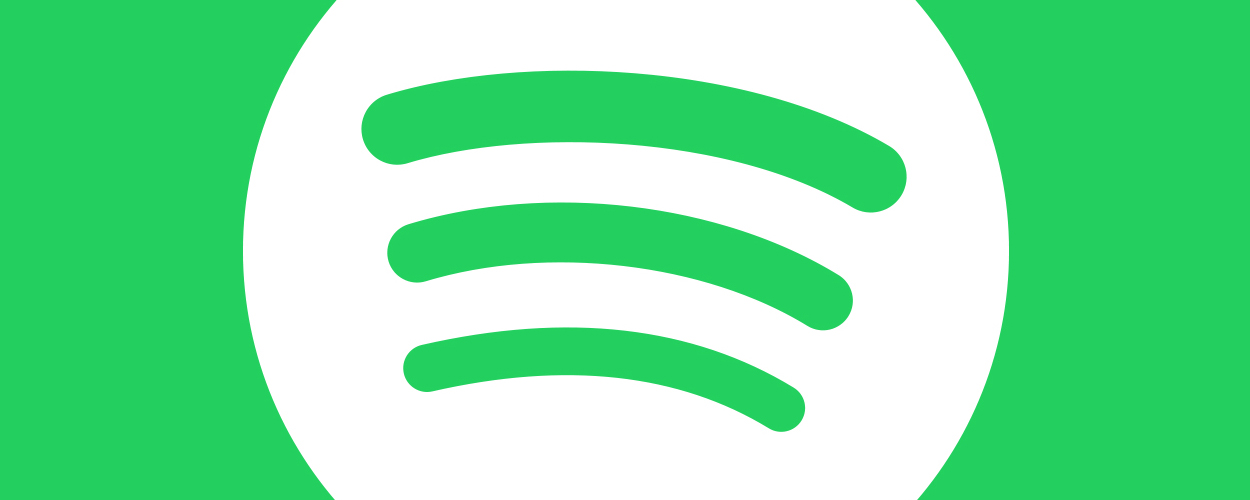This website uses cookies so that we can provide you with the best user experience possible. Cookie information is stored in your browser and performs functions such as recognising you when you return to our website and helping our team to understand which sections of the website you find most interesting and useful.
Business News Deals Digital Labels & Publishers Top Stories
Universal Music signs new licensing deal with Spotify
By Chris Cooke | Published on Wednesday 5 April 2017

Spotify and Universal Music yesterday confirmed that they had finally inked a new multi-year licensing deal after long drawn out negotiations that could now be turned into some kind of opera. With Universal Music boss Lucian Grainge dressed in his knight’s armour throughout and Spotify chief Daniel Ek delivering all his lines falsetto. I’d buy tickets.
As much previously reported, Spotify needs new multi-year licensing deals with all the big music rights owners before it goes to Wall Street with its IPO. It also needs to ensure that its original business plan of keeping 30% of revenue is in tact, despite recent efforts by the music publishers to increase the share of digital income they receive. That chiefly means getting a better rate from the record companies.
Although the labels and publishers have no interest in the Spotify IPO tanking – what with the majors and Merlin-repped indies having equity in the business, and the recent growth in the recorded music market being mainly down to subscription streaming services of which Spotify is the biggest – at the same time, the rights owners know that their negotiating power will likely decrease post Spotify’s flotation.
Hence the driving of a hard bargain on Universal’s part, the slow and tortuous deal negotiations, and the very dramatic last minute jousting tournament between Grainge and Ek in which no one held back. But whose lance hit its target first?
As expected, Universal gets itself some windowing as part of the new deal, with the label now having the option to keep new releases off Spotify’s free service for the first two weeks of release. Such windowing – seen by many at the labels as an incentive for freebie streamers to upgrade to premium – has been long discussed in the music community, and has seemed inevitable for some time.
Of course, if the windowing really does persuade free users to go premium, Spotify wins too. Though the streaming service has been hesitant of stripping back its free offer to date, mainly because it fears freemium subscribers might switch to YouTube or piracy services, and Spotify relies on its free userbase as the key marketing channel via which to upsell premium.
Confirming windowing was a key concession made to Universal in the new deal, Ek warbled yesterday: “We know that not every album by every artist should be released the same way, and we’ve worked hard with Universal Music to develop a new, flexible release policy. Starting today, Universal artists can choose to release new albums on premium only for two weeks, offering subscribers an earlier chance to explore the complete creative work, while the singles are available across Spotify for all our listeners to enjoy”.
As for the other kickbacks provided to the mega-major in the new deal, Ek and Spotify were less specific, except to say that “the new agreement will also provide Universal with unprecedented access to data, creating the foundation for new tools for artists and labels to expand, engage and build deeper connections with their fans”.
In terms of the specific financials – the new revenue share arrangement and any accompanying advances and minimum guarantees – those are, of course, top secret. Because imagine if a Universal-signed artist actually knew how their music was being monetised by the world’s biggest streaming service! The sky would surely fall in and not even Grainge’s trusty sword could save us all.
“Working hand in hand with these digital services brought us the industry’s first real growth in nearly two decades”, boomed the Universal boss when confirming the new Spotify deal yesterday. “Our challenge now is transforming that upturn into sustainable growth. In a market this dynamic, one evolving more rapidly than ever before, success requires creative and continual re-evaluation of how best to bring artists’ music to fans”.
As previously reported, sources say that Universal has agreed to offer Spotify more preferential rates, but that is dependent on the streaming service achieving certain growth targets. The major will also be hoping that the increased flexibility on releases, and extra data and marketing benefits, will help it maximise streams and therefore royalties on Spotify itself, as well as boosting revenue opportunities elsewhere.
Meanwhile, it remains to be seen how quickly the other labels and publishers sign up to the kind of multi-year deals Spotify needs for its IPO. I’m planning on turning the Sony negotiations into a Brechtian play.





